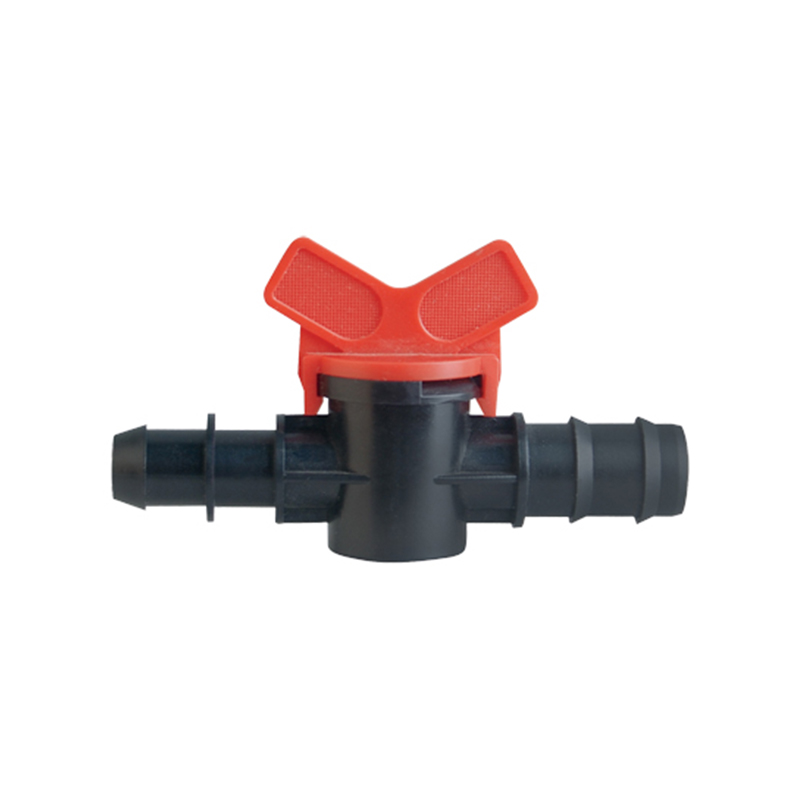The benefits of using farmland irrigation valves
Farmland irrigation valves are essential components of irrigation systems used in agricultural settings to regulate the flow of water to crops. These valves play a crucial role in ensuring efficient water distribution, conserving resources, and maximizing crop yield.
Farmland irrigation valves are designed specifically for agricultural irrigation applications, where water needs to be accurately controlled and delivered to crops in a systematic manner. These valves are typically made of durable materials such as PVC (polyvinyl chloride), brass, or stainless steel to withstand the harsh conditions of agricultural environments, including exposure to sunlight, chemicals, and varying water pressures.
Farmland irrigation valves operate based on the principles of hydraulic control. They are connected to a network of pipes and valves that deliver water from a water source, such as a reservoir or well, to the farmland. By opening or closing the valves, farmers can control the water flow rate and distribution to various sections of their fields.
The benefits of using farmland irrigation valves are numerous. Firstly, they allow for precise control of water distribution, ensuring that crops receive the required amount of water without wastage. This promotes water conservation and reduces the risk of over- or under-irrigation, which can negatively impact crop health and yield.
Secondly, farmland irrigation valves help optimize irrigation scheduling and minimize labor requirements. With the ability to automate the opening and closing of valves through timers or remote control systems, farmers can effectively manage their irrigation operations, even in their absence. This results in improved efficiency and resource utilization.
Furthermore, using irrigation valves facilitates uniform water application across the farmland, promoting consistent crop growth and reducing the risk of water stress or nutrient imbalances. Uniform irrigation also aids in weed control, as weeds require specific conditions to germinate and grow. By delivering water precisely to the crop root zone, irrigation valves help suppress weed growth and minimize competition for water and nutrients.


A drip tape valve is a specialized valve that is designed to regulate the flow of water through drip tape irrigation systems. Drip tape is a type of irrigation system that uses narrow tubes or tapes to deliver water directly to the plant roots, thereby reducing water waste and increasing efficiency.
Drip tape valves are typically installed at the beginning and end of each drip tape line. These valves help to regulate the flow of water through the system, which is essential for maintaining consistent water pressure and ensuring that the plants receive the correct amount of water.



 中文简体
中文简体 English
English







.jpg?imageView2/2/format/jp2)







